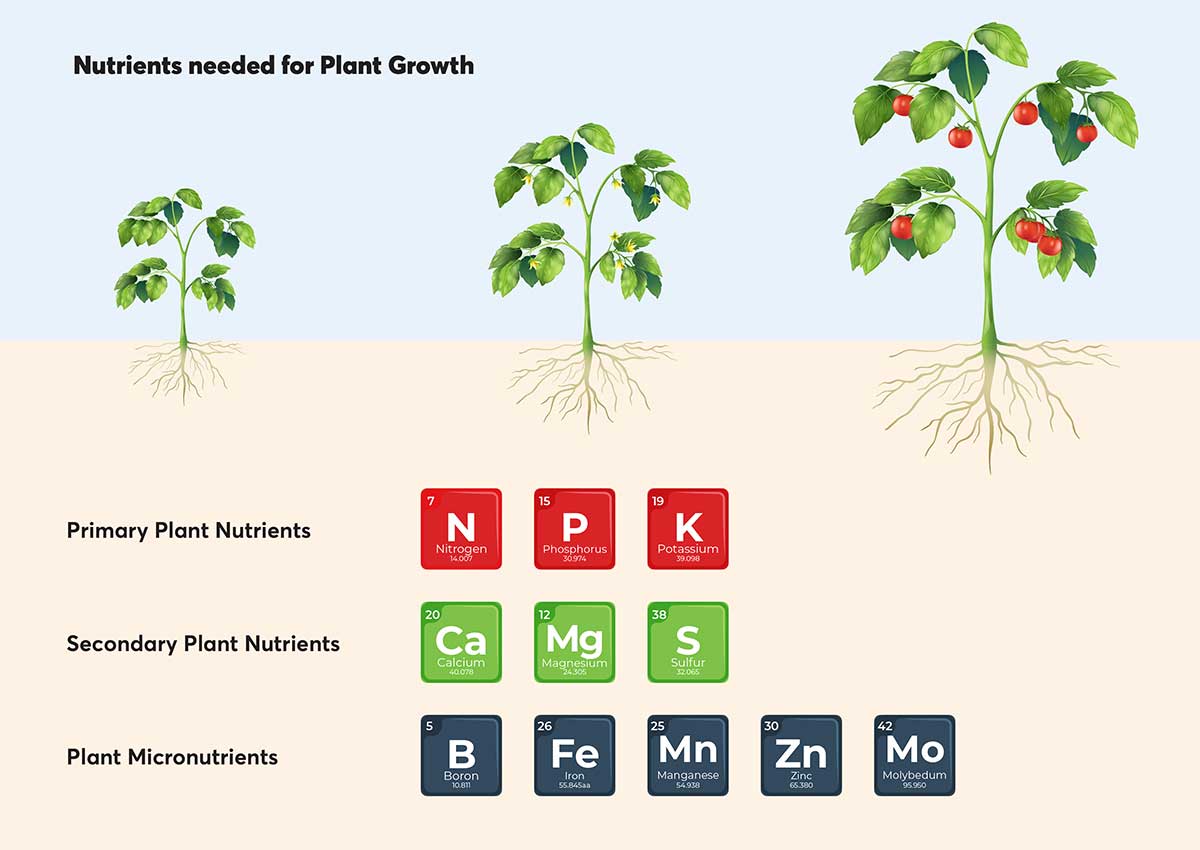AGRICULTURE
Changing the face of farming in India
POTASSIUM 
Quick Facts
- Potassium plays a critical role in plant growth and metabolism. It is responsible for the movement of water, nutrients and carbohydrates in the plant. It regulates the opening and closing of stomata thus regulating the uptake of CO2 to enhance photosynthesis.
- In photosynthesis, Potassium plays the crucial role of maintaining the balance of electrical charges at the site of ATP production. It triggers the activation of important biochemical enzymes for the generation of Adenosine Triphosphate (ATP). ATP provides energy for other chemical and physiological processes such as the excretion of waste materials in plants.
- Potassium has been known to improve disease resistance in plants, improve the size of grains and seeds, and improve the quality of fruits and vegetables. It also facilitates protein and starch synthesis in plants.
- Deficiency of Potassium occurs due to aeration deficit, compaction and high soil pH, which in turn hinder root growth and further reduce the availability of Potassium to the plant. Inappropriate irrigation, poor drainage, and mechanical injury to the roots also leads the plant to insufficient intake of Potassium. The deficiency of this mineral leads to slow and stunted plant growth, weak stems, and reduced seed and fruit production.











